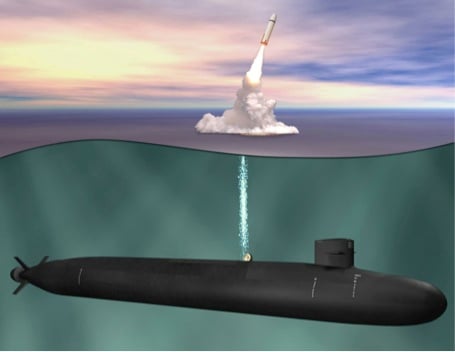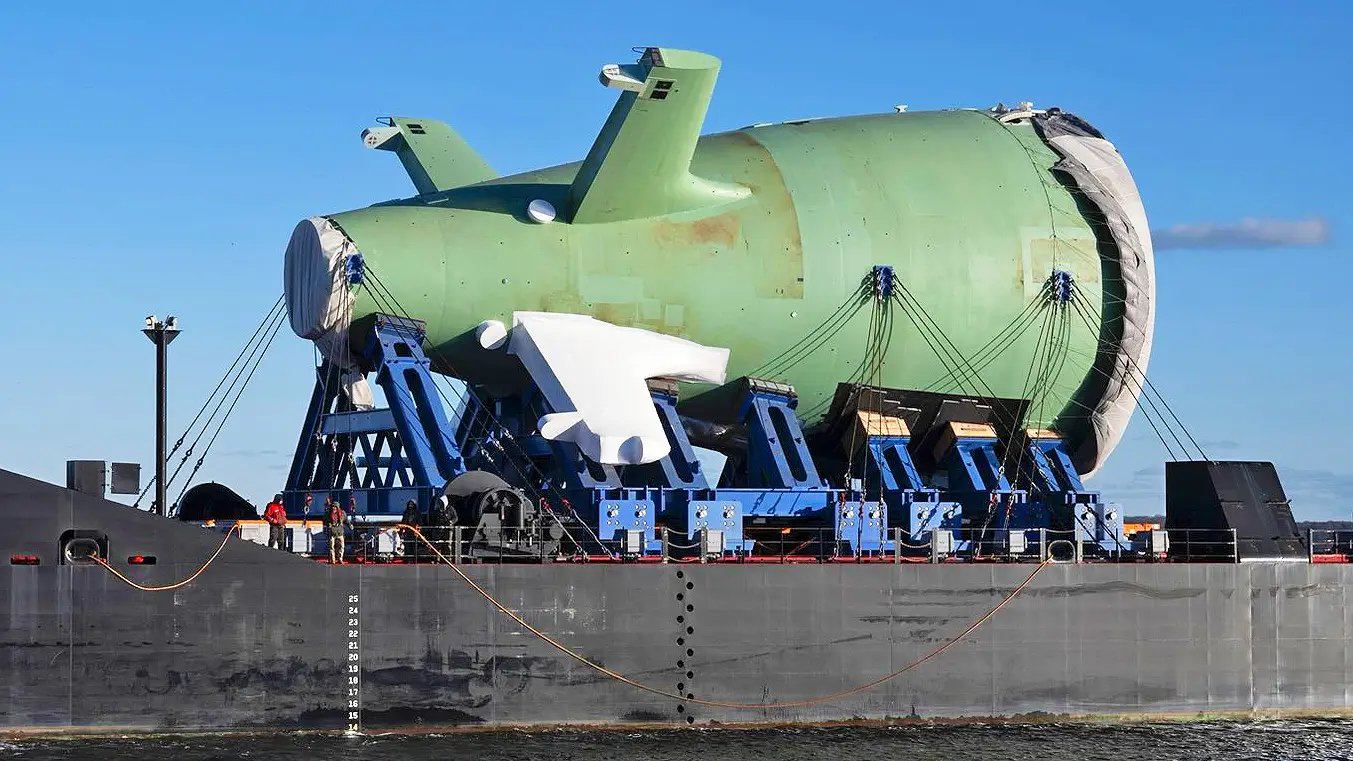
A House Armed Services Committee member said lawmakers are already working to properly fund the upcoming Ohio Replacement Program (ORP) ballistic missile submarine but have not received sufficient feedback from the Pentagon.
During a HASC hearing Thursday on nuclear deterrence, seapower and projection forces subcommittee ranking member Rep. Joe Courtney (D-Conn.) asked deputy defense secretary Bob Work to address the National Sea Based Deterrence Fund, which the committee set up last year and activated and expanded this year while writing the defense authorization bill.
After pleas from the Navy to help address the upcoming ORP bill, which would wreck other ship programs if funded through the normal shipbuilding and conversion account, Courtney said the committee created NSBDF and tried “empowering the Navy though incremental purchasing authority, multiyear purchasing authority to really give them the tools to deal with this very challenging cost issue.”
But Courtney lamented the lack of substantive dialogue between the House and the Pentagon since then.
“Your comments are, we need to think about this,” the congressman said during the hearing.
“We’re past that, very frankly. We’re ready to act. And what I’m asking you is, if you don’t like the Sea Based Deterrence Fund, fine, but come back to us with something. We just get the impression that the budget planners at the Pentagon and in the administration are just spectators here in terms of us trying to come up with a fix to this that will avoid all of the negative fallout which, again, you described very powerfully here this morning.”
Courtney said he wanted to hear from Work “whether at some point you guys are prepared to embrace it and help us advance” the proposed solution.
Work replied that “in the past Congress has added money for strategic modernization during periods of these times of starting to recapitalize, and we hope that is going to happen again.”
Earlier in the hearing, Work said that in the 1960s and 1980s the Pentagon faced major modernization needs for its nuclear systems and was given additional funding to do so rather than pulling from the rest of its budget.
Given the spending limits imposed by the Budget Control Act, congressmen haven’t been able to promise higher Navy or Defense Department toplines, so they created the NSBDF so that extra money could be added into the fund when available via reprogramming requests – not the solution Work asked for, but the best some lawmakers feel they can offer given the circumstances.
Courtney was not satisfied with Work’s answer and replied that “I hope at some point the powers that be are going to spit it out here in terms of whether or not they’re willing to use this fund.”
“We’re ready, and in fact we’re moving forward, and we hope that the administration’s going to help us solve this problem,” he concluded.
A congressional staffer clarified after the hearing that the administration’s only feedback on the NSBDF has been broad statements of appreciation, but no specific comments on whether Congress’s current actions go far enough or if additional authorities are needed so the Navy can design and build ORP effectively and efficiently. If the Navy needs more tools, they need to ask before the HASC and its Senate counterpart finalize the National Defense Authorization Act of Fiscal Year 2016 in the coming weeks.





